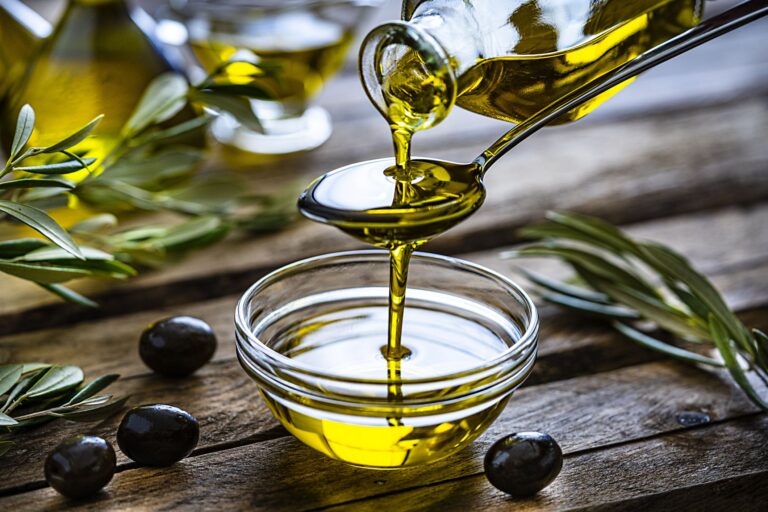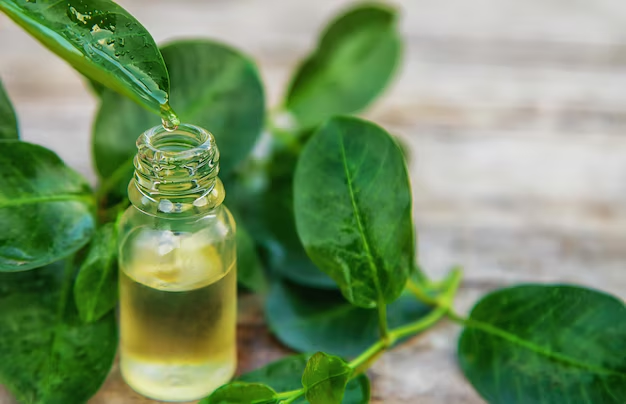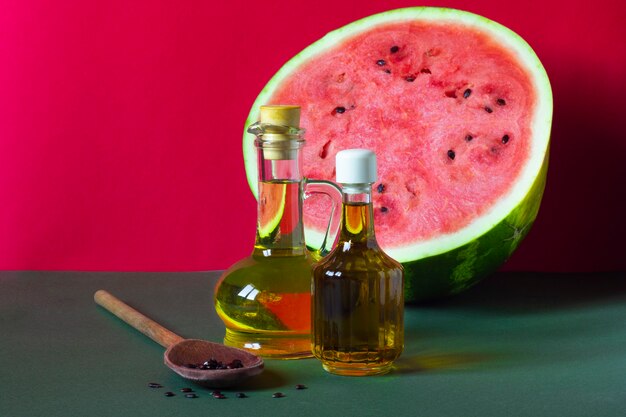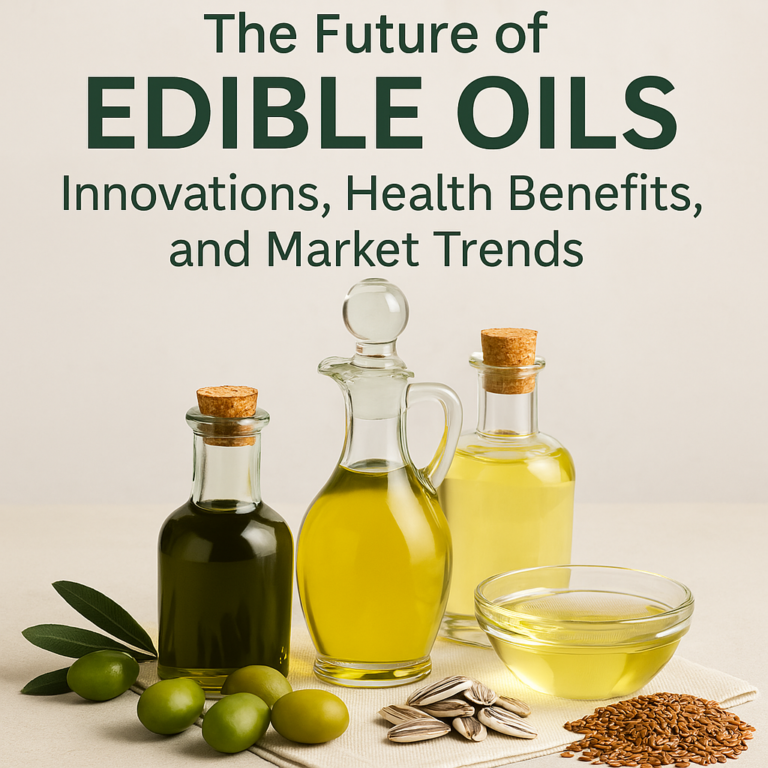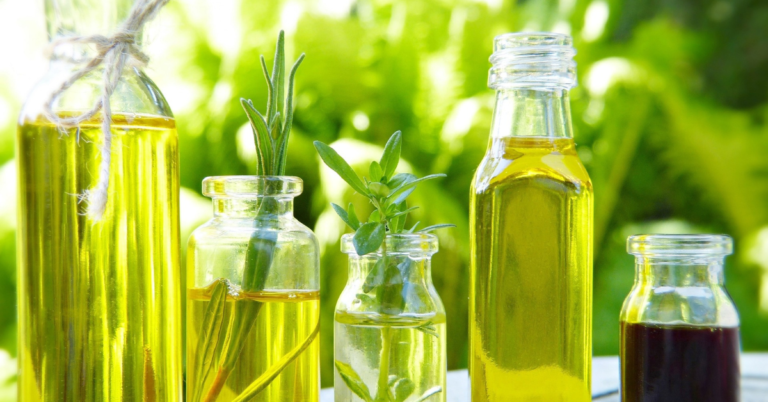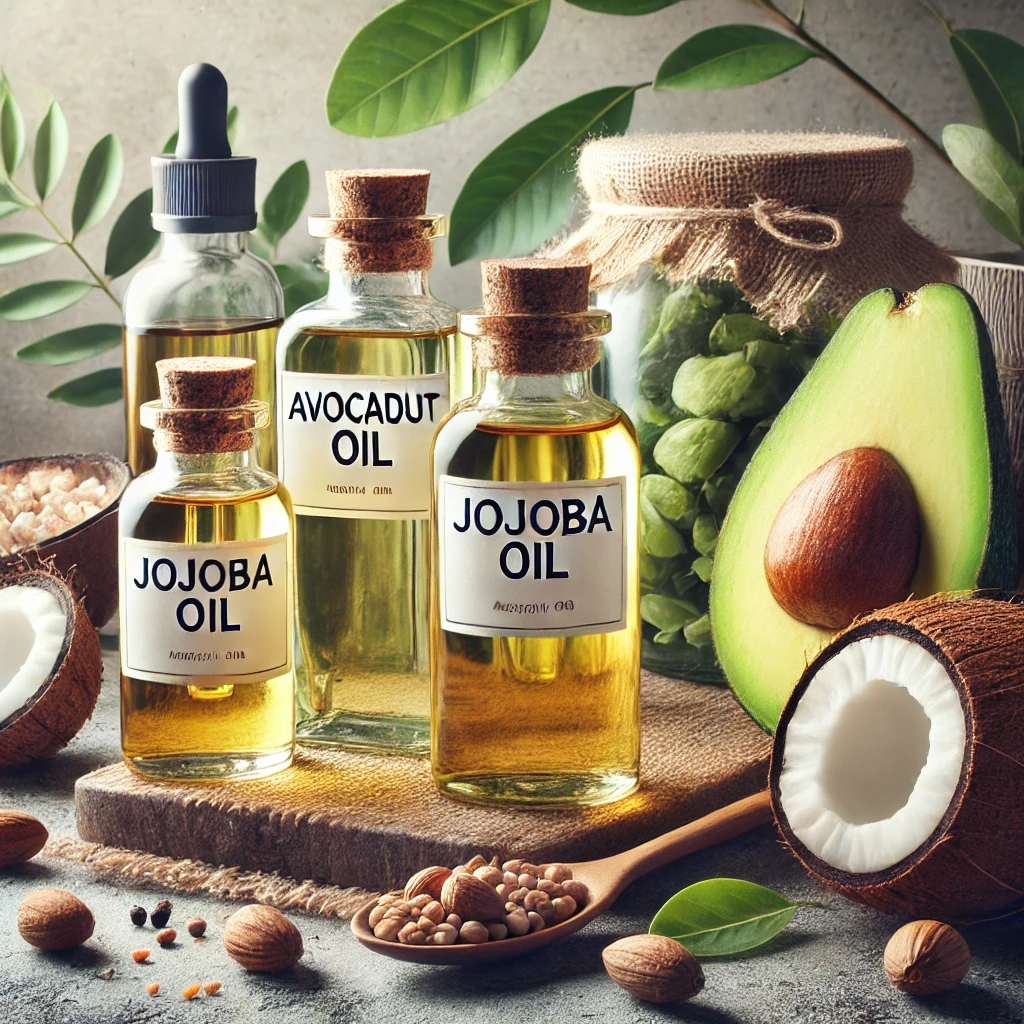
The air had already filled again with the scents of lavender, but that didn’t stop Sarah from swirling in a small bottle of golden oil under the fluorescent light. More than just beauty for her was this bottled portion of nature-the very thing prepared to nourish her skin as well as the soul. Many others like Sarah are waking up to the benefits of extract oils, not just for their therapeutic properties but also for their role in sustainable beauty. The beauty industry is transforming, and extract oils are at the heart of this change. Let’s dive deeper into how these oils, steeped in history and innovation, are reshaping our approach to beauty.
The Journey from Nature to Skincare
Historical Roots of Extract Oils in Beauty
Extract oils have been valued for centuries. The ancient Egyptians prepared balms for their skin with cold-pressed oils from olives and almonds. Ayurveda has also, for ages, sung the praises of therapeutic properties of extract oils such as neem and coconut. These historical journeys of edible oil into beauty regimens have their timeless appeal.
As a matter of fact, these oils go beyond being skin treatments. Some accounts suggest that people use edible oils on their hair to promote growth, aid healing, and even serve as natural sunblocks.
Today, this ancient practice holds more relevance than ever as consumers demand petrochemical-free products. Extract oils provide nontoxic alternatives, extracted directly from plants, and eliminate the need for the expensive, environment-damaging processes associated with petrochemicals
What are extract oils?
Extract oils are acquired using methods like cold pressing or steam distillation from plants. Because extract oils are not as processed, it keeps more of the nutrient spectrum than essential oils, which are very concentrated and can be volatile. Great for the skin, they hydrate, are anti-inflammatory and give a boost to the natural protective barrier of skin.
The benefit of cold-pressed oils is quite remarkable. These oils are extracted without heat and are rich in antioxidants and essential fatty acids that nurture and protect the skin. Whether it’s olive oil, known for its anti-aging properties, or mustard oil, celebrated for its capacity to improve blood circulation, these oils are a gift from nature.
Why the Trend Towards Sustainability is Important
Ecological impacts of petrochemical oils.
Beauty industries have always used the petrochemical oils because they are relatively affordable as well as versatile. However, the impact is huge on the environment. Petrochemical oil’s environmental impact ranges from carbon emissions created as a byproduct during the refining process to aquatic pollution. Thus, there is growing interest in cold-pressed oils as sources of healthier nourishments both for the environment as well as the human skin.
A report from the United Nations also states that the petrochemical industry constitutes 10% of global carbon emissions. Secondly, the refining process involves harmful chemicals that often cause pollution of the environment. All these alarming situations have forced the brands to reevaluate their source of ingredients.
The Rise of Conscious Consumerism
Today, consumers are more educated than ever about the environmental impacts of their purchases. A 2023 study by Statista shows that 67% of global beauty consumers value sustainability in their purchases. The shift has led to the increased adoption of extract oils, which not only replace synthetic ingredients but also support local economies.
Brands are innovative in terms of packaging that is biodegradable, and supply chains are sustainable, meeting the demand. Some companies have even initiated direct ingredients purchasing from small-scale farmers; fair trade, along with sustainability practice, is promoted through these efforts.
Extract Oils in Modern Beauty Formulations
Therapeutic Benefits of Extract Oils
Plant-based oils bring unique characteristics to cosmetic products. For instance, avocado oil is rich in vitamins A, D, and E, thus it offers deep hydration for dry skin. Coconut oil is used because of its antimicrobial properties; it acts as a natural preservative in place of harsh preservatives. In contrast, the oil that most South Asian housewives are accustomed to is being recognized as a potential anti-inflammatory agent and therefore finds an important place in hair care products.
In addition to these benefits, the therapeutic benefits of extract oils further enhance their value in skincare. Oils like lavender extract are known for their calming effects on the skin, while chamomile oil helps reduce redness and irritation. These therapeutic properties make extract oils a powerful ally in addressing skin conditions and improving overall skin health.
In recent years, research has found that these oils can also promote the skin’s microbiome. Oils like jojoba and argan help maintain the healthy balance by nurturing the good bacteria on the skin, which reduces issues such as acne and eczema. This is in step with how increasing interest is centered on understanding how edible oils influence your gut health and general well-being.
Skincare essential oils vs oil extracts
While essential oils have their place in fragrances, extracted oils are gentle and more suitable for direct application. They are less irritating and offer perfect benefits for sensitive skin types. This distinction is important because brands aim to satisfy customers’ needs.
For example, rose oil extracts are known for their ability to reduce stains and discoloration, while rose essential oil can cause sensitivity for some users This versatility for oil extracts is preferred for cosmetic complementary products.
How edible oils affect beauty products
The relationship between edible oils and skin is more complicated than one might think. The edible oil formulation ensures that the oil retains its nutritional value, making it skin-friendly. Cold-pressed oils are especially valuable because they retain antioxidants and essential fatty acids. Olive oil, for example, has made the transition from the kitchen to skin care products, offering benefits such as excellent firmness and reduced signs of aging
Also, the popularity of coconut oil as a culinary staple and beauty product highlights the combination of edible oil and oil extract Its antibacterial properties are effective in treating acne in, while the skin-moisturizing power is unparalleled.
Challenges and opportunities for sustainability
The sustainability of palm oil
Palm oil’s popularity stems from its versatility, but it’s also a key driver of deforestation. Sustainability of palm oil certification programs have emerged to address this issue, but they are not without challenges. As manufacturers look to options, they’re specializing in lesser-acknowledged oils including moringa and hemp seed oil, which can be simply as versatile and environmentally pleasant
World Wildlife Fund estimates that unsustainable palm oil cultivation ends in the loss of 300 woodland balls in keeping with hour These alarming facts have spurred efforts to increase environmentally friendly solutions our environmentally balanced environmental duty.
The destiny of petrochemical oils may be in splendor
The future of petrochemical oils merchandise appears unsure as oil businesses put money into biofuels and plant-based totally chemicals. However, these improvements need to be scaled as much as make them greater, low priced and reachable. The trade is gradual however inevitable whilst environmental issues play a dominant function.
Some professionals predict that with the aid of 2030, vegetable oils may want to dominate 60% of the elements used inside the splendor industry. This constructive outlook is primarily based on persisted studies and client willingness to include trade.
How to store extracted oil for maximum freshness
Proper storage is essential for the effectiveness of the oil filter. These oils are sensitive to light, heat and air, and can cause oxidation. Storage in amber glass bottles and cool, dark conditions can extend their life while maintaining their nutritional value.
Consumers also need to know the “best before” dates for oil-based products. Checking for any changes in smell or normal appearance can prevent the use of crude oil, making it more profitable.
Conclusion
Oil filters used in sustainable beauty products are not consistent; it is a process towards practical ethics.From the healing advantages of mustard oil to the environmental sustainability of cold-pressed avocado oil, those oils offer a glimpse into a destiny where beauty and nature co-create one The adventure from historical applications to current improvements highlights their enduring price.
Every preference we make as consumers brings us towards that vision. So, the subsequent time you pick out up a splendor product, need to you let nature tell your choice?
